“Sailing to Byzantium” by William Butler Yeats was first published in 1928 in the collection called “The Tower.”
Byzantium is the old name of Constantinople or Istanbul which was once the capital of the Roman Empire. According to Yeats, the Christian Byzantium which influences the scene after the fall of Rome was an ideal place of culture and wisdom. In the poem, “Sailing to Byzantium”, the poet faces the old age and wishes to forget his decaying body and educate his soul for immortality. Yeats’ whole life has been devoted to create everlasting pieces of art and he imagines that after death his soul will be a golden bird resting in the Emperor’s palace.
SUMMARY:
Stanza 1:
The poet says that Ireland is not a proper place for old men because they get tangled into some sensual music which abstains them from achieving artistic ageless accomplishments of the intellect. The dying generation of birds and young lovers celebrate are against the natural cycle of death and birth. The young lovers are in each other’s arms, the birds are in the trees and the fishes and fowls all sing one same song-the song of the senses. All these at the same time, are creatures who are subjected to death.
Stanza 2:
The poet says that Ireland being a country not good for old men who are otherwise a petty thing decaying along with their physical powers. The only substitute for them is to have their soul educated in a way that it starts to clap its hands and sing out loud. The newly learnt song of the soul makes it to rejoice and become louder and louder as the physical powers of the old men go bad to worse. The poet says that the only difficulty is to find such a singing school where the soul can get educated, because every singing school in the country of Ireland is concerned with studying monuments of its own significance rather than caring for monuments of unageing intellect. Therefore, as the poet does not find the right school to educate his soul, he travels across the seas and reaches the holy city of Byzantium.
Stanza 3:
The poet addresses the sages who were standing in god’s holy fire in Byzantium. He tells them that the way they are standing, the same way a figure stands in gold mosaic work of a wall. He asks them to climb down from their present spiritual position and become the poet’s educators of his soul so that his soul can learn the right kind of song. The first thing that the poet wants the sages to do is to purify his heart which is heavy with animal instincts and is sick with physical lusts. Once his heart has been purified, it will be easier for the poet to do what his heart most wants i.e. lead him into the artifice of eternity. The poet wants to be a part of those things which are beyond the cycle of birth and death.
Stanza 4:
In the final stanza, poet says that once he is out of the cycle of nature, (being begotten, born and dying) he will seize contact with natural things-the physical world. The poet wants to take a form that is of golden shape and has golden enameling. This can be done by the Grecian goldsmiths who will construct a golden bird who could sing to the Emperor to keep him awake. He wants to be a golden bird of eternity so that he is set on a golden bough in the court of Byzantium and he would sing songs of all times, the present, past and future to the Lords and Ladies of Byzantium. The poet’s song will be different from the sensual music of the dying generations and he will sing of the monuments of unageing intellect.
STYLE:
“Sailing to Byzantium” has been penned in ‘ottava rima’ and is allegorical in nature. The four eight lines stanzas of the poem are metered in Iambic pentameter and rhymes in ABABABCC.
As the title suggests, the poem is about a spiritual voyage to a land where the poet’s soul can attain eternity. The poem is full of images that do justice to the contrast between the sensual world and the artifice of eternity. The images that are used by the poet evoke an enchanting power as well as show the permanence of life in the sensual world. The phrase ‘movement of unageing intellect’ contrasts with world that is represented through the fishes and fowls.
The poem is rich in metaphor and symbols. Symbols and metaphors not add poignancy to the images but also add richness to the texture of the poem. The main and foremost principle theme working in the poem is the analogy with music.
One should note that the poem is not autobiographical as the poet did not visit the city of Byzantium. The voyage was imaginative and not a real one.
Some online learning platforms provide certifications, while others are designed to simply grow your skills in your personal and professional life. Including Masterclass and Coursera, here are our recommendations for the best online learning platforms you can sign up for today.
The 7 Best Online Learning Platforms of 2022
- Best Overall: Coursera
- Best for Niche Topics: Udemy
- Best for Creative Fields: Skillshare
- Best for Celebrity Lessons: MasterClass
- Best for STEM: EdX
- Best for Career Building: Udacity
- Best for Data Learning: Pluralsight



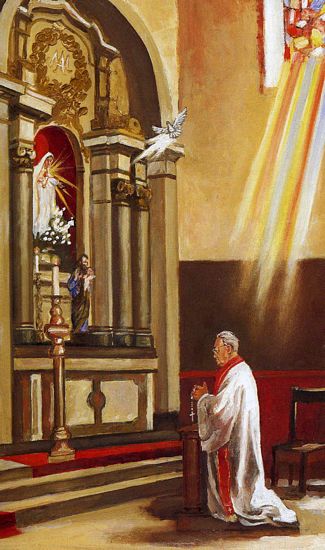
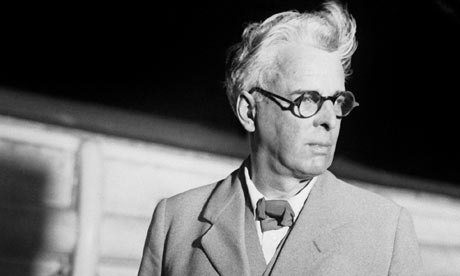
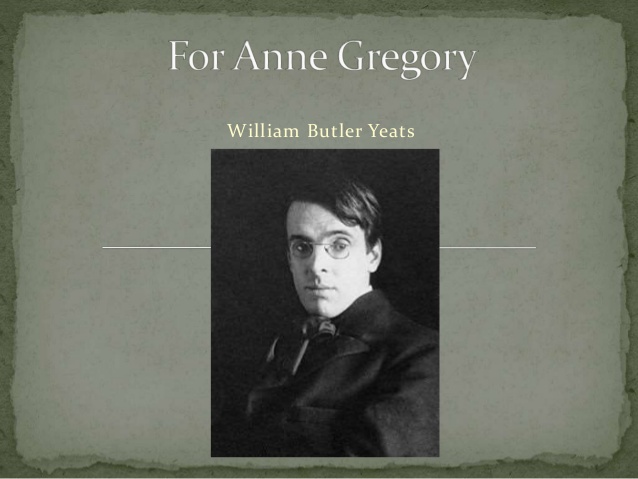


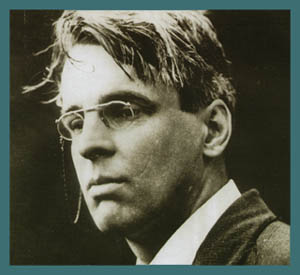
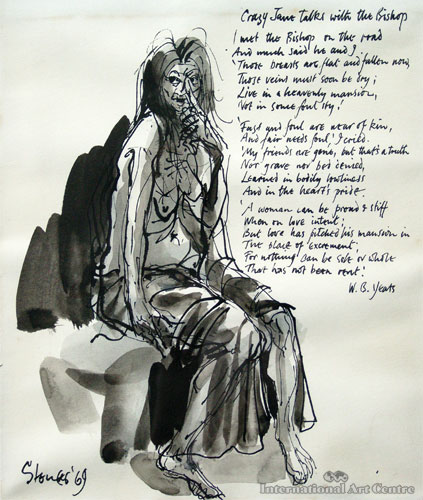





Compact but Awesome. Thanku